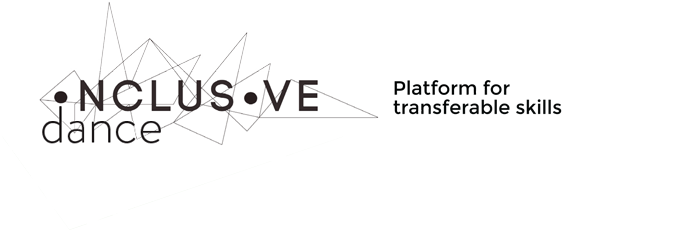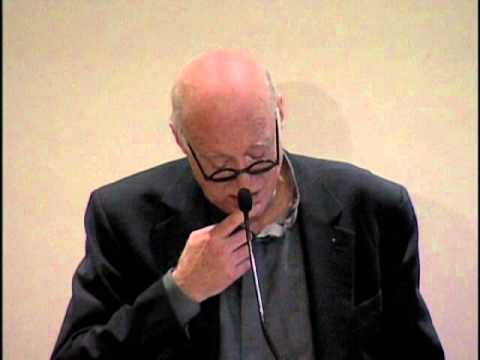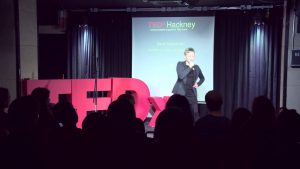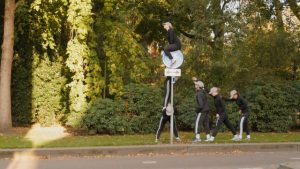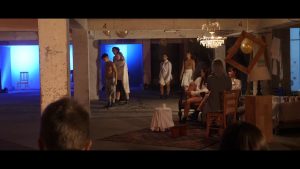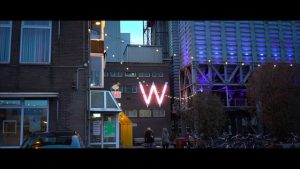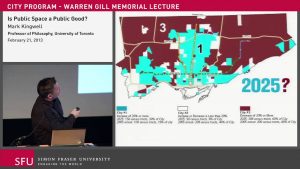A lecture on working in society: A loaded topic where skills are defined in terms of an economic principle. Skills are meant to move a community forward in economical terms.
He also addresses here current definitions on skills in contemporary notions. Skills are not seen a competitive demonstrations, or acts to secure financial growth.
The third part of his lecture goes into skills and new technologies.
This lecture provides in a new way to approach skills in contemporary society, which makes it possible to work differently and relate differently to your surrounding.
Richard Sennett presented his lecture as part of the Townsend Center for the Humanities’ Forum on the Humanities and the Public World. A renowned social critic known best for his studies of class and urban society, Richard Sennett is the Centennial Professor of Sociology at the London School of Economics, the Bemis Adjunct Professor of Sociology at MIT, and Professor of the Humanities at New York University. His scholarship focuses on social inequality, the effects of urban growth on the individual, and the interconnection between authority, modernism and public life.
Link to the concept of transferable skills of the dance artist
What is the job of the dance artist these days? One recent development in dance & movement practice is the use of dance for societal means: tools from dance and movement techniques, perspectives and creative concepts are integrated in the practices of health, personal development, creative thinking, social development projects and many other fields.
Richard Sennett offers a new concept on craft in the 21st Century that relates strongly to an already existing inclusive dance practice. This platform wants to stimulate current dance practice to offer opportunities to contribute directly to society by transferring their skills from artistic practice into other domains of society. The aim of this platform is to offer a wide(r) definition on what it means to be a dance artist right now. A dance artist that acknowledges potential of contemporary craftsmanship to transfer skills, values and knowledge into other domains of human life. We hope this platform exemplifies and inspires ways to transfer this knowledge and experience into other practices, contexts and social environments. We value the qualities of dance to offer new creative strategies for non-dance focussed contexts and challenges.
In contemporary society, dance & movement practices are changing rapidly, and this influences craftsmanship in current practices and career possibilities of the dance artist. Moreover, this artistic practice often takes place in an interdisciplinary setting. The dance profession is considered a process-based practice: The so-called product is never finished and will continue to develop over time. Creation is often the result of shared and engaged learning experiences. Acknowledging the different components of the work setting makes it possible to reconsider the position of the dance and/or dance artist in society. Recent trends have seen dance as an active role in inclusive settings, leading projects that can change lives, business practice or influence society.
